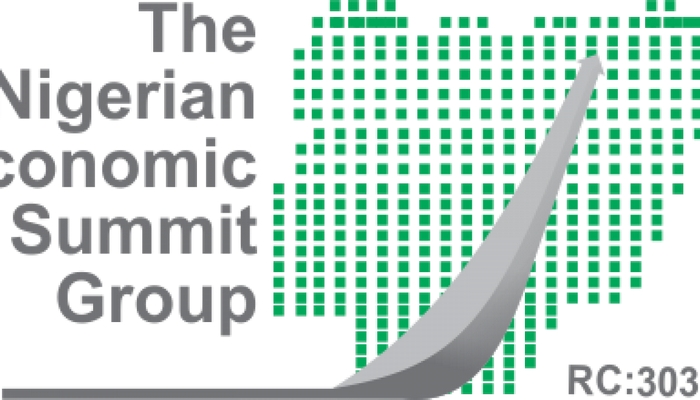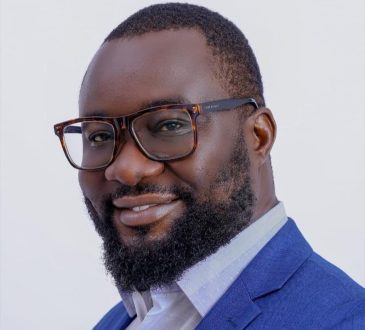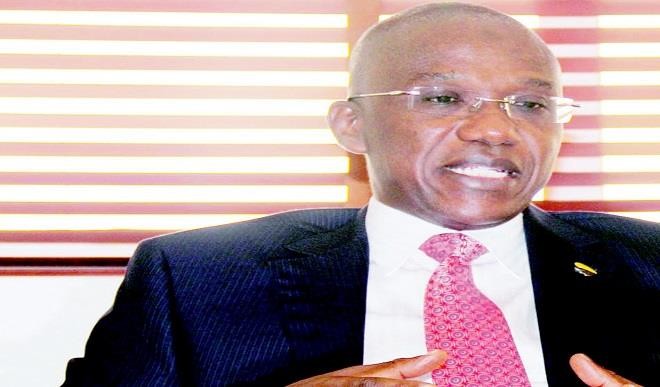
In the buildup to the political activities that would herald the selection of candidates for the forthcoming general elections, the Nigerian Economic Summit Group (NESG) and other stakeholders from various sectors of the country have released six point agenda for prospective political aspirants to consider as they seek elective positions.
In a document that was published at the national economic dialogue on “Critical Challenges Confronting the Nigerian Economy”, the NESG urged politicians seeking to lead the country to: rethink what socio-economic development outcome means for an average Nigerian; deepen sectoral reforms to support broad-based growth and competitiveness; and pragmatic and actionable social sector reforms.
Other points are for the potential office holders to: rethink the role of market and the private sector; integrated national and sub-national approach to economic inclusion and development; and develop workable and inclusive national security strategy in all dimensions.
Chairman of the NESG Mr Asue Ighodalo said the process by which each party will select their candidates during their primaries and the characteristics and capacity of the persons selected is of critical and defining importance.
Speaking at the dialogue session which took place in Abuja on Friday, Ighodalo said Nigerians “must insist that as our politicians begin to set or reshape their plan on the way forward, they will be mindful of the various negative socio-economic indicators and not lose sight or focus to finding a path to transformational progress.”
Panelists and the congregation at the programme point to a whole lot of issues around right leadership selection for Nigeria, energy prices and what Nigeria needs to do now to avoid doom days, addressing soft issues like poverty, unemployment and lack of economic inclusivity that combine to make issues difficult for the economy and Nigerians.
The NESG also tasked the Nigerian government to address, with utmost urgency, six critical challenges causing economic dysfunction.
The group highlighted the challenges to include, non-inclusive economic growth, macroeconomic instability, infrastructure deficit, human capital deficit and skills gap, national insecurity, and weak economic competitiveness.
The NESG chairman believes that if Nigerians make the right choices, within this decade, Nigeria can become a leading industrializing and reforming nation in Africa that focuses on building its state capacity and capabilities. “The country will break free from decades-long political, policy, legislative, and regulatory constraints; We will create an enabling investment climate and business environment underpinned by a motivated, capacitated, well-resourced, world-class civil service that drives open, transparent, high-performance governance,” he stated.
Those who spoke during a panel discussion include Prof Osita Ogbu who said Nigeria needs to get serious about education. “You can’t say students should not pay, and then, you cannot pay,” he said.
Stating that every federal minister requires a certain intellectual capacity to function as a member of the federal executive cabinet, Ogbu also said inflation might get worse because the nation is going into an election period. The inflation is already being pressured by insecurity and war in Ukraine. Prof Ogbu said the Central Bank of Nigeria must wear its cap and relate with the fiscal authorities to target inflation, adding that Nigeria must match huge domestic demand with productivity.
Also country director, CARE International Nigeria, Hussaini Abdu: said the Nigerian educational sector should be overhauled to ensure it is tailored after the technology driven globalisation in a way that graduands from the nation’s schools are able to become innovative and dump the idea of job seeking.






